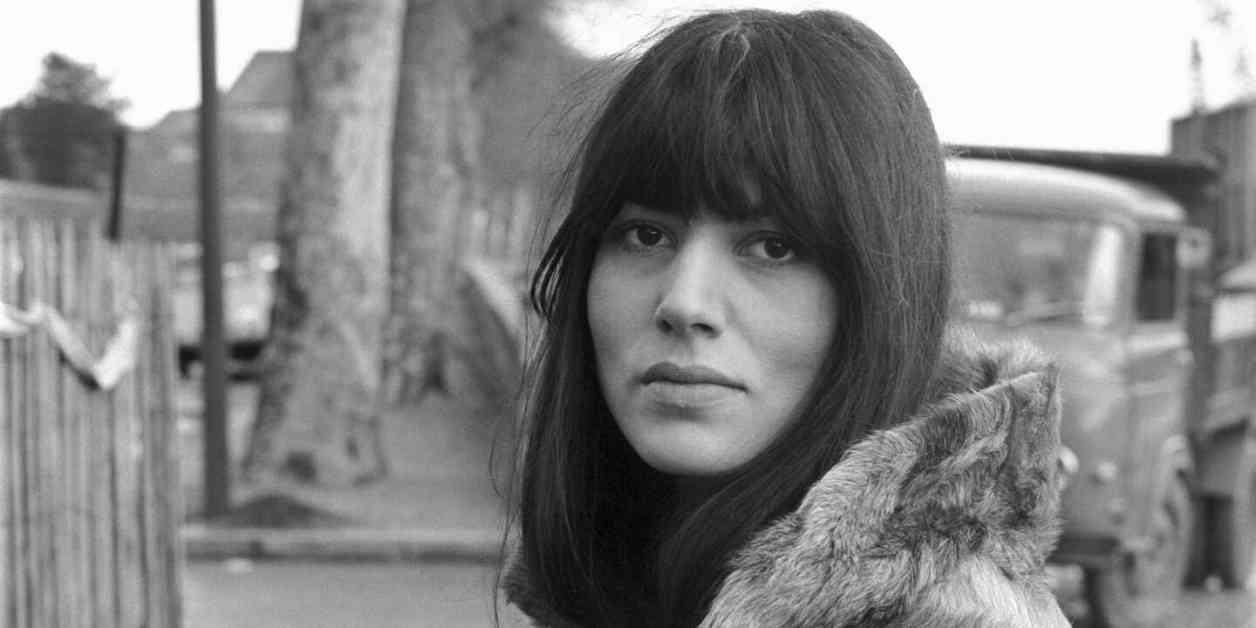Catherine Ribeiro: Death of the Famous French Singer
The French artist, known for her rock, rebellious, and radical style, passed away in the night from Thursday to Friday at the age of 82. Catherine Ribeiro was a force to be reckoned with on stage, entering with clenched fists, dressed in black from head to toe, with bangs covering her eyes. She had the gaze of a fighter, the smile of a lover, the voice of an activist, and the words of a magnificent loser. She embodied a passionate tumultuous spirit rather than a fleeting superstar. A panther ready to pounce on anything that could cause pain or tarnish beauty. Rock. Rebel. Radical.
Listening to her, watching her, one would think that this woman owed nothing to anyone, even if it came at a cost. She was Ribeiro, a sister to the underprivileged, those who grew up amidst factory smoke, the raw souls who knew pain before pleasure. But she was also the Grande Catherine, a Janis Joplin captured by Baudelaire, a Nico carried away by Rimbaud, an electrified Piaf by Apollinaire. Catherine Ribeiro passed away in the night from Thursday, August 22 to Friday, August 23, as announced by her close circle to Agence France-Presse. She was 82 years old.
« The lyrics are just an accessory, I would almost prefer to use onomatopoeias to replace words. Maybe we will. The voice should serve as an instrument… What I am trying to do is completely destroy the classic song structure, with regular refrains and verses, » she said in an interview in 1970. It was a time that those under 40 cannot understand. With music bordering on trance that incited strange bacchanals in cities and countryside, Ribeiro and her comrades from the Alps called for freedom, rebellion, love, poetry, and anger.
For ten years, from 1970 to 1980, television ignored them, radio shunned them, and the mainstream press looked down on them. However, this did not stop them from giving thousands of concerts, filling prestigious venues like the Olympia and Bobino, and selling tens of thousands of albums. They didn’t claim marginality; it was imposed upon them.
An Unquenchable Rage
At the core of it all was a wild little girl, born in Lyon on September 22, 1941, who grew up in a modest Portuguese family in Saint-Fons, a suburb of Lyon. Her father, a quiet worker close to the communists at Rhône-Poulenc, and her illiterate mother, who struck her and didn’t understand her, passed down her beautiful singing voice. « I learned of my birth/Through the lines/Of an angular discourse/On the failure of love/I learned of my childhood/Facing factory smoke/Along the strike paths/Taken by my father, » she sang in « La Vie en bref. »
Ribeiro’s legacy is one of challenging the status quo, pushing boundaries, and advocating for the freedom of expression through music. Her unique style and voice resonated with many, even if she remained on the fringes of mainstream acceptance. Her impact on the French music scene will be remembered for generations to come, as she defied conventions and paved the way for future artists to follow their own path.

